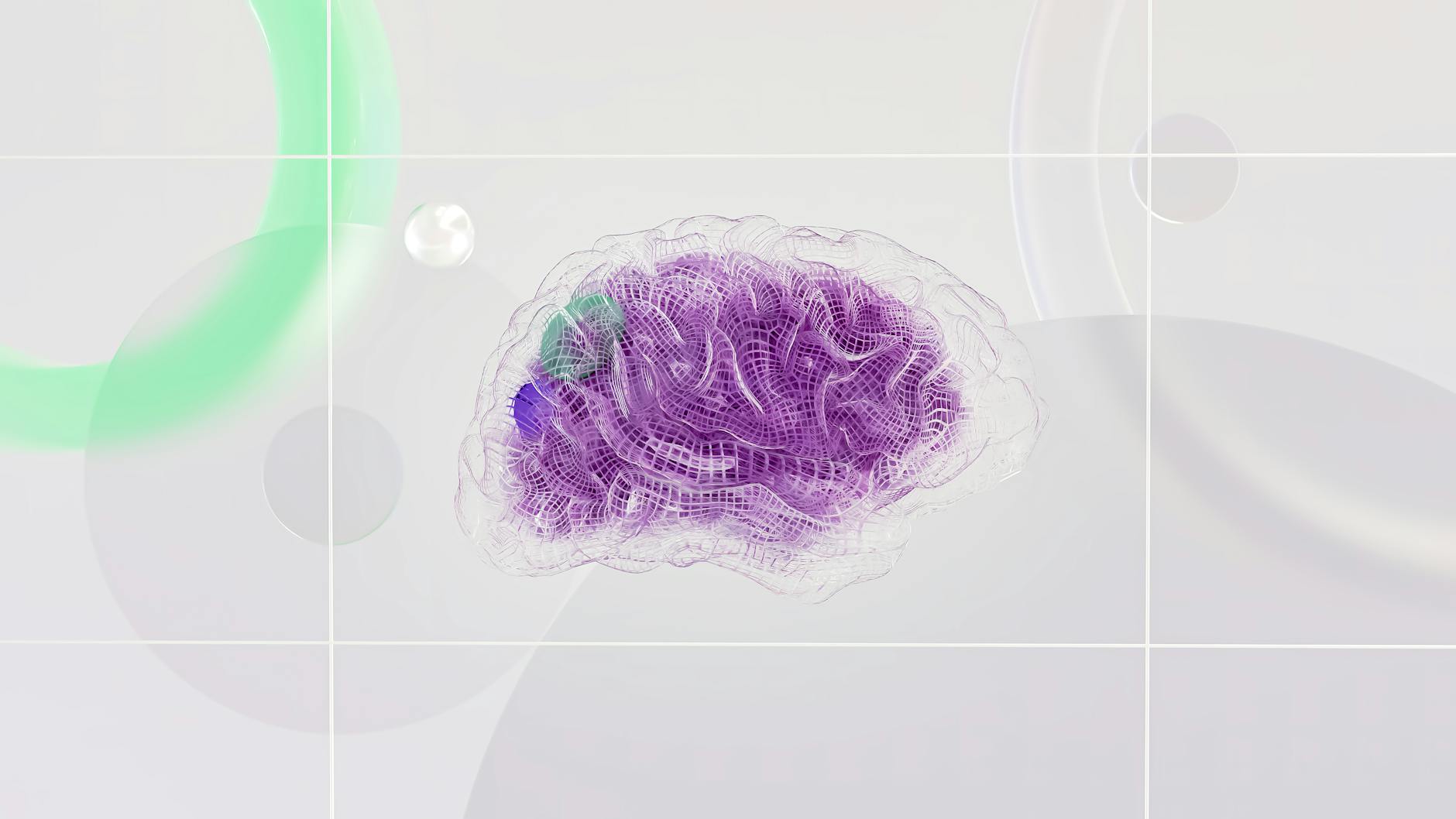
Image courtesy of Google DeepMind via <a target="_blank" rel="noopener noreferrer" href="https://www.pexels.com/photo/an-artist-s-illustration-of-artificial-intelligence-ai-this-image-represents-how-machine-learning-is-inspired-by-neuroscience-and-the-human-brain-it-was-created-by-novoto-studio-as-par-17483868/">Pexels</a>
Unlock the mysteries of quantum computing with this beginner’s guide – dive into the quantum realm and revolutionize technology!
Table of Contents
Hey there tech enthusiasts! Today, let’s take a dive into the world of quantum computing, where the rules of classical physics don’t seem to apply. If you’ve been hearing buzzwords like quantum bits and superposition but aren’t quite sure what they mean, you’ve come to the right place. Let’s break down the basics of quantum computing and explore how it’s revolutionizing the tech industry.
Quantum Computing Unpacked
So, what exactly is quantum computing? Think of it as the next frontier in computing that takes advantage of quantum-mechanical phenomena. Traditional computers operate using bits, which can either be a 0 or a 1. However, quantum computers use quantum bits or qubits, which exist in a state of superposition, allowing them to represent both 0 and 1 simultaneously. This unique characteristic enables quantum computers to perform complex calculations at speeds unimaginable by classical computers.
Applications of Quantum Computing
The potential applications of quantum computing are vast and exciting. From cryptography to drug discovery, quantum computers have the potential to revolutionize industries across the board. One of the most notable areas where quantum computing shines is in optimization problems, such as supply chain management and route optimization. Imagine being able to find the most efficient route for a delivery truck within seconds – that’s the power of quantum computing.
Challenges and Limitations
Despite the immense promise of quantum computing, there are still some hurdles to overcome. One major challenge is the fragility of qubits due to interference from the surrounding environment. This phenomenon, known as decoherence, can cause qubits to lose their quantum properties, leading to errors in calculations. Researchers are actively working on developing error correction methods to mitigate these issues and bring us closer to practical quantum computers.
Quantum Supremacy: A Major Milestone
In 2019, Google made headlines by achieving quantum supremacy, a term used to describe the moment when a quantum computer outperforms the most powerful classical supercomputer on a specific task. Google’s quantum processor, named Sycamore, solved a computational problem in just over 3 minutes that would have taken the world’s fastest supercomputer 10,000 years to solve. This milestone marked a significant step forward in the progress of quantum computing.
| Chapter | Topic | Description |
|---|---|---|
| 1 | Introduction to Quantum Computing | An overview of quantum computing and how it differs from classical computing. |
| 2 | Quantum Bits (Qubits) | Explanation of qubits, their properties, and how they enable quantum computation. |
| 3 | Quantum Gates | Overview of quantum gates and how they manipulate qubits to perform calculations. |
| 4 | Quantum Algorithms | Introduction to key quantum algorithms such as Shor’s algorithm and Grover’s algorithm. |
| 5 | Quantum Error Correction | Explanation of quantum error correction and its importance in quantum computing. |
The Future of Quantum Computing
As we look ahead, the future of quantum computing is filled with endless possibilities. Quantum computers have the potential to revolutionize industries, solve complex problems, and unlock unimaginable computational power. Researchers and tech giants alike are pouring resources into advancing quantum computing technology, pushing the boundaries of what’s possible with qubits and quantum algorithms.
So, there you have it – a beginner’s guide to quantum computing. While the field may seem complex and esoteric, it holds the key to unlocking a new era of computing power and innovation. Keep an eye on the latest developments in quantum computing, as we’re on the brink of a technological revolution that will reshape the way we think about computation and problem-solving.
FAQ
What is the significance of quantum computing?
Quantum computing offers the potential to solve complex problems at unprecedented speeds by harnessing the power of quantum mechanics. It opens up new possibilities in areas like cryptography, optimization, and drug discovery.
How does quantum computing differ from classical computing?
Quantum computing uses qubits, which can represent both 0 and 1 simultaneously due to superposition, unlike classical bits that are either 0 or 1. This allows quantum computers to perform calculations exponentially faster for certain problems.
What are the challenges in quantum computing?
One major hurdle in quantum computing is qubit decoherence, where qubits lose their quantum properties due to interference from the environment. Researchers are actively working on developing error correction methods to address this issue and improve the reliability of quantum computation.
How can I learn more about quantum computing?
Dive into online resources, attend workshops, and follow industry experts and research organizations in the field of quantum computing. Stay curious, ask questions, and keep up with the latest advancements in this exciting and rapidly evolving domain.




